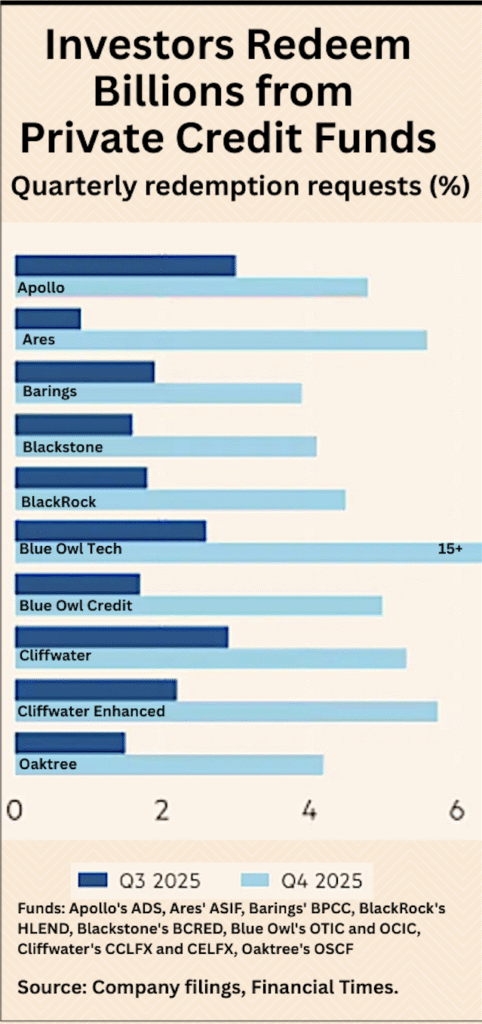In a new white paper, “Open Multiple Employer Plans: What Open MEPs May Mean for Your Business,” MassMutual touts the potential benefits of Open MEPs but cautions that they may depend on the specific needs and preferences of the participating employer and the plan.
Open MEPs are qualified retirement plans sponsored by third parties that many unrelated employers can join instead of sponsoring and operating their own 401(k) plans. The House of Representatives passed the SECURE Act, which enables such plans, but corresponding legislation has stalled in the Senate.
MassMutual has a dog in this fight. The mutual insurer and retirement plan provider has been managing multiple-employer plans for enterprises linked by associations, franchises, or Professional Employer Organizations since 1989, with more than 4,000 adopting employers and $4 billion in assets under management.
Assuming that the legislation eventually passes, the paper urges employers and plan advisors to consider these issues when evaluating an Open MEP:
Selecting the plan design. Because Open MEPs are designed to streamline the process of offering and maintaining a retirement plan, so participating employers may have limited choices when it comes to plan design. Employers are urged to carefully consider the plan provisions and whether they are a good fit for their specific plan goals and workforce demographics.
Deciding on hands-on vs. hands-off plan administration. By joining with other companies in an Open MEP, employers can hand off plan administration chores and reduce costs through economies of scale. A third-party administrator (TPA) can help participating employers handle administrative responsibilities outside the Open MEP umbrella, such as IRS nondiscrimination testing and contribution limits, allocating employer contributions and forfeitures, calculating participant vesting percentages, and preparing loan paperwork.
Choosing limited vs. customized investment menu. The investment options available within a MEP are obviously a top consideration for an employer. The ability to combine assets under one universal umbrella may give MEPs the ability to offer access to lower-cost funds typically available only to larger companies with greater assets and more purchasing power. Some Open MEPs might require participating employers to choose from more limited options.
Determining fiduciary oversight. MEPs are typically structured to reduce employers’ fiduciary responsibilities by a 3(38) investment manager. This is in contrast to 3(21) fiduciary services, where an advisor recommends investment options while the employer retains discretion, authority and fiduciary liability for fund selection.
© 2019 RIJ Publishing LLC. All rights reserved.



